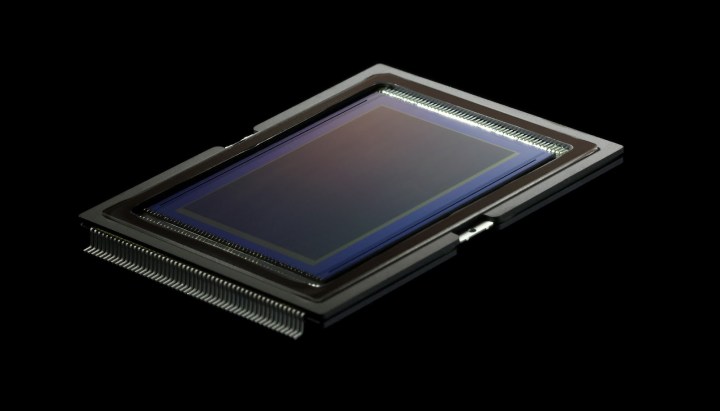
For 2015/2016, Canon exhibited a 120-megapixel DSLR. It’s an interesting product considering the EOS 5Ds and 5Ds R had only recently been announced as the highest-resolution full-frame (35mm) format cameras, at 50MP. While impressive, and we don’t think it’ll arrive anytime soon, the camera is actually a complete solution that revolves around the 120MP sensor that was first exhibited in 2010.
At the Shanghai Expo, the only stop that was opened to the general public, attendees were able to see the camera shooting a scene, and then view the images on a large display – allowing them to see the insane amounts of detail captured by the 120MP sensor. There was no announcement or word regarding when the camera might go to market, or what price it could fetch once it does, but we can assume that it’s on the way.
This 120MP DSLR isn’t all that Canon has been touting around the globe either. Another upcoming product being shown off was Canon’s 8K video camera.
If 8K seems like a crazy amount of video resolution, that’s because it is, but it’s the evolution after 4K. As they often do, professionals are starting to test and implement newer technologies into their productions in order to stay ahead of consumer demand. That 4K TV you just bought isn’t obsolete just yet, but there’s already something else in the horizon.

Whether it’s 120MP or 8K Video, if there is one theme we learned from Canon Expo, it is that storage needs to get bigger and cheaper in order to store all that data. RAW files from the 120MP sensor weigh in at a whopping 214.1MB each – a good three to four times the size of what currently available high-resolution cameras from Canon, Nikon, and Sony are producing. The 8K video camera outputs 11TB of data per hour of footage, recorded directly to an SSD. That is almost assuredly more data that your current home computer has on it, maybe even more than all the data stored in your home… for one hour of video. Not even enough for a single feature length film.
While our eyes may get wide at the thought of 120MP images or 8K videos, our wallets start to shrivel considering all the hard drives and SSDs that will be needed in order to enjoy working with such technology. Then again, by the time these technologies become mainstream, larger and cheaper storage should become more attainable – just compare today’s storage media to ones just a few years ago.


